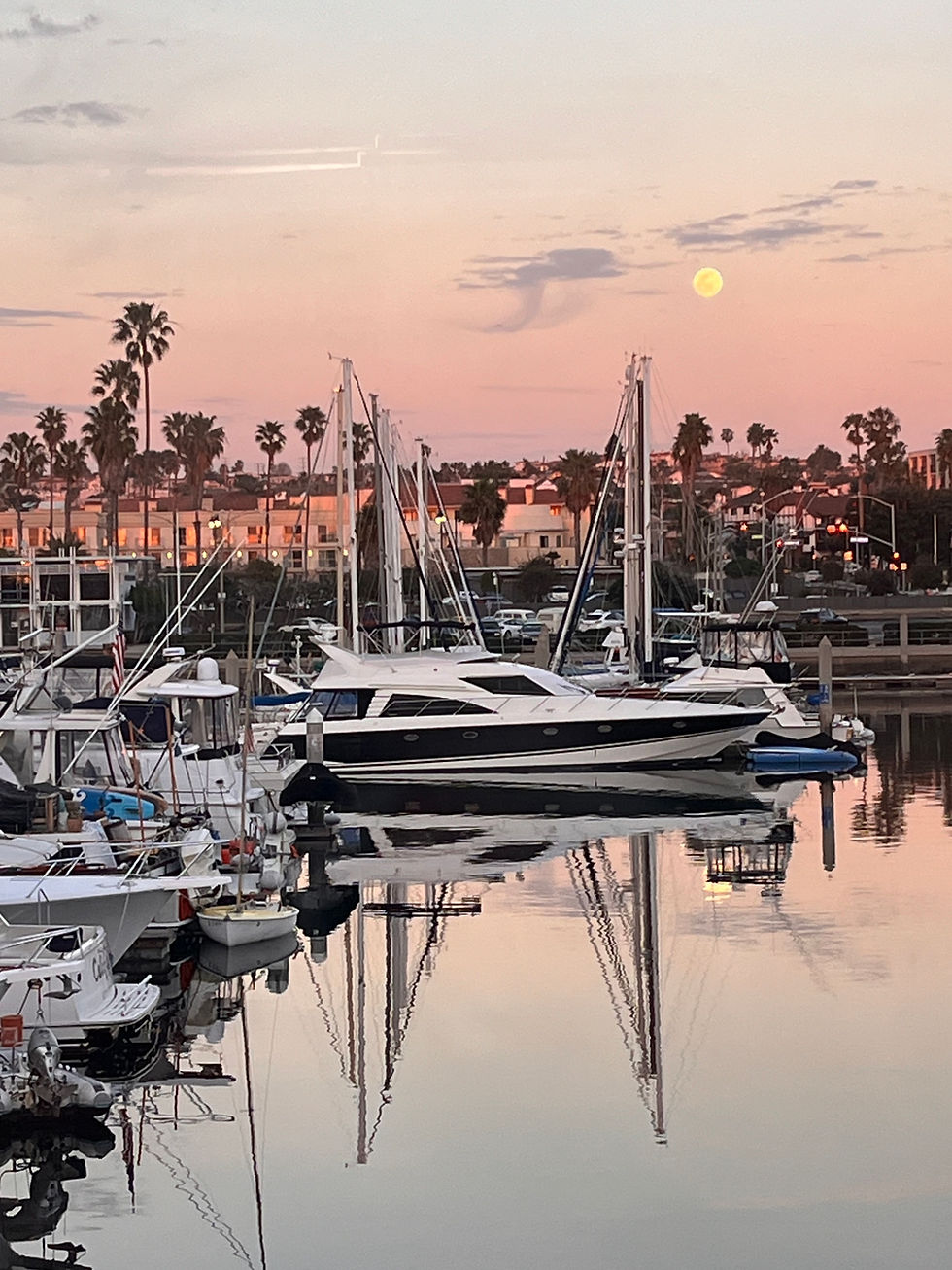Remembering The Stonewall Riots And What It Means Today
- Holly Corbett
- Apr 28, 2020
- 3 min read
Updated: Nov 10, 2021

Today is the anniversary of the Stonewall Riots. On June 28, 1969, police raided the Stonewall Inn, a gay bar in New York City, sparking an uprising that was largely led by LGBTQ+ people of color. That incident ignited protests around the country in the push for equal rights. It also led to the creation of the Gay Liberation Front, the first group to advocate for gay equal rights on a public scale. Today, Pride parades and celebrations happen around the country on the anniversary of Stonewall Riots.
This month the Supreme Court ruled that a 1964 civil rights law protects LGBTQ+ workers from discrimination. While we’ve come a long way, we still have a long way to go: Black trans women continue to be disproportionately affected by violence. Below you’ll hear from a number of voices from the community on what the Pride movement means to them, and why we must continue the fight for equality for all.
On how building relationships can help overcome bias
“I believe those voices that might spew hate or discriminate is because they're not lucky enough to know someone fabulous like myself in their life. For them to have that level of hate, they truly don't know a member of my community, because we are proud of who we are and we take pride in the work we do and the relationships we build...Just because today there is a social injustice against a person who doesn't look like you, we know that tomorrow, it could.”
~Mark Reyna, Associate, Exp. Associate, People & Organization at PwC and Founder of the talent blog Ingrativation
On the intersection between the Pride Movement and the Black Lives Matter Movement
“[Earlier this month] there were thousands of people marching in Brooklyn, and it was like a Pride, Black Lives Matter and Trans Lives Matter protest all in one. In the middle of that was a huge Caribbean community. In my [Caribbean] culture, there's direct violence against us [LGBTQ+ community members]. To have all of these people at the same protest, without any violence or arrests, speaks a lot to me. People are people. I honestly think that we're at the point where we just want to get along with each other and don't want any more violence. There’s a bell curve: We've gone up and tilted over, and there's no going back.”
~Annie Brown, Corporate Trainer
On being your authentic self at work
“Being in the closet in the workplace gives people power over you, because then they can speculate. If you’re living your authentic, honest self at work, people don't have a chance to talk or gossip because you've set the record straight. When you say, ‘My husband and I,’ rather than ‘my partner and I;’ they've lost that power over you. Unfortunately, so many people don't realize that when they come to work and they put on their ‘closet face.’ I think owning it in the workplace is super important.”
~John Dyer, Non-Employee Talent Retention and Acquisition Expert
On creating space for those who are different from us
“Something that I want us as Americans, as human beings, as employers to really think about is that when you make space for the ones who are the most dejected, the ones who are left out; it's going to make more space for everyone. If we really lean into that, we can start to see some real shifts. We can start to understand that yes, all lives matter. But all lives can't matter until Black lives matter, and until Black trans lives matter. We're seeing Black trans people dying at disproportionate rates. We can't say that all lives matter because, clearly, there are certain lives that don't. Until those lives do, we have to keep working.”
~Dimitri Joseph Moïse, Actor and Co-Founder of Claim Our Space Now
Article originally published in Forbes on June 28, 2000




Comments